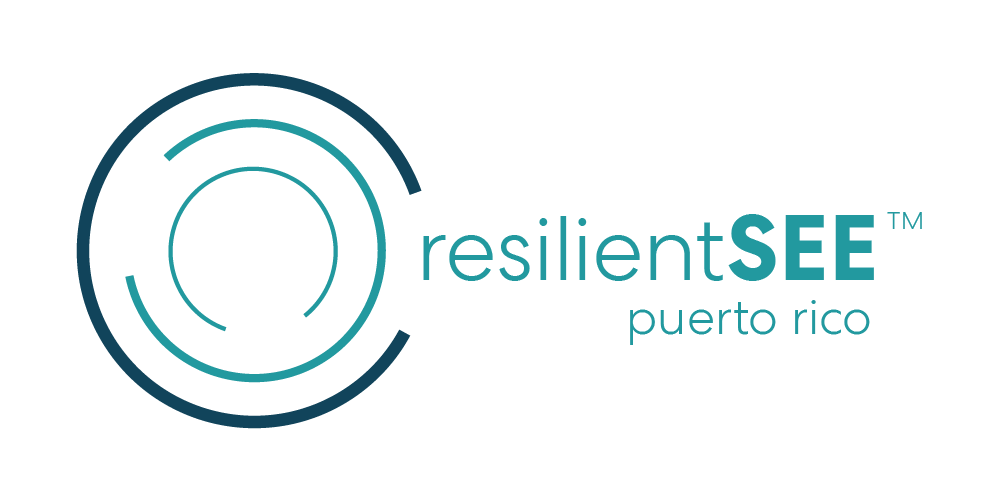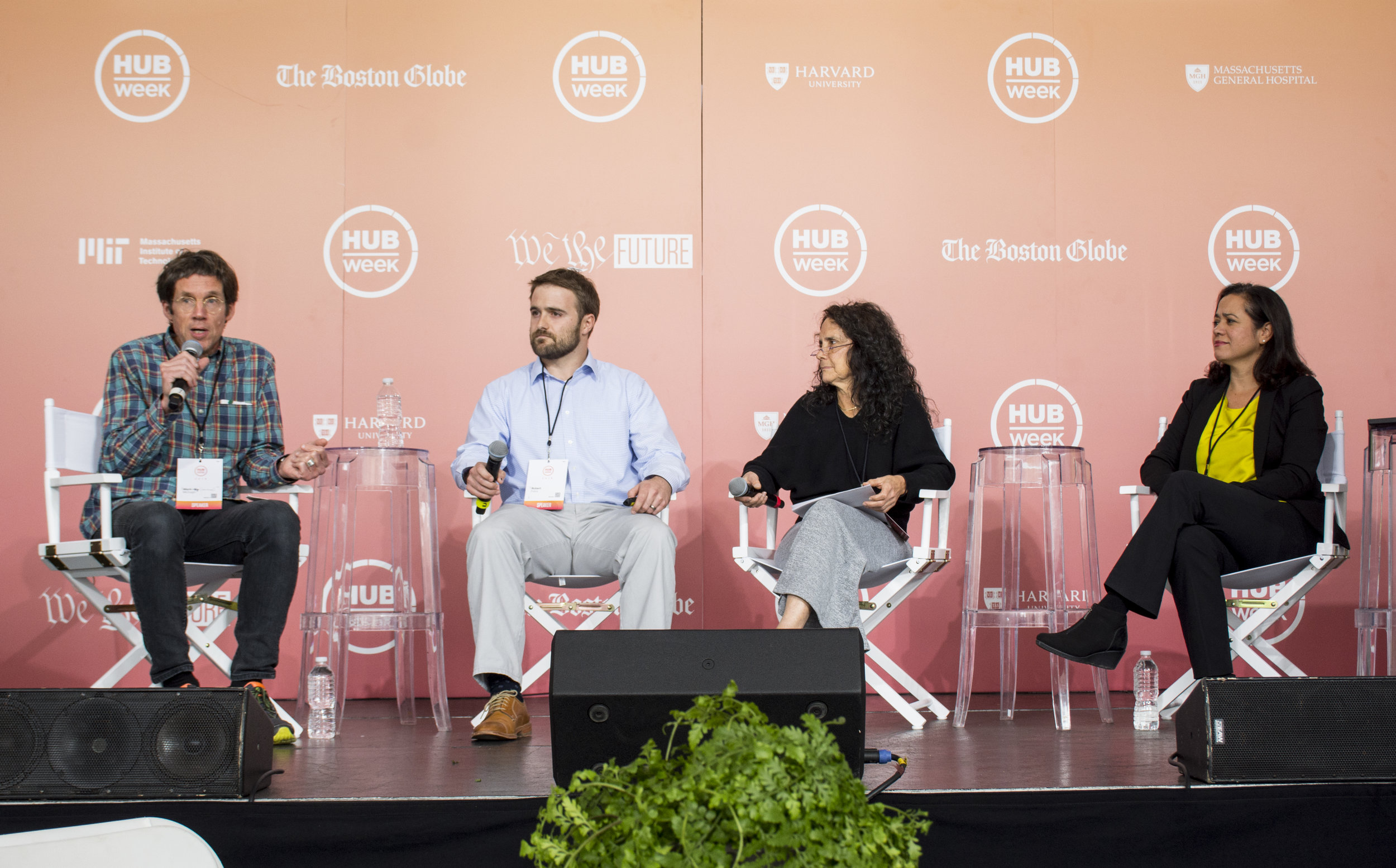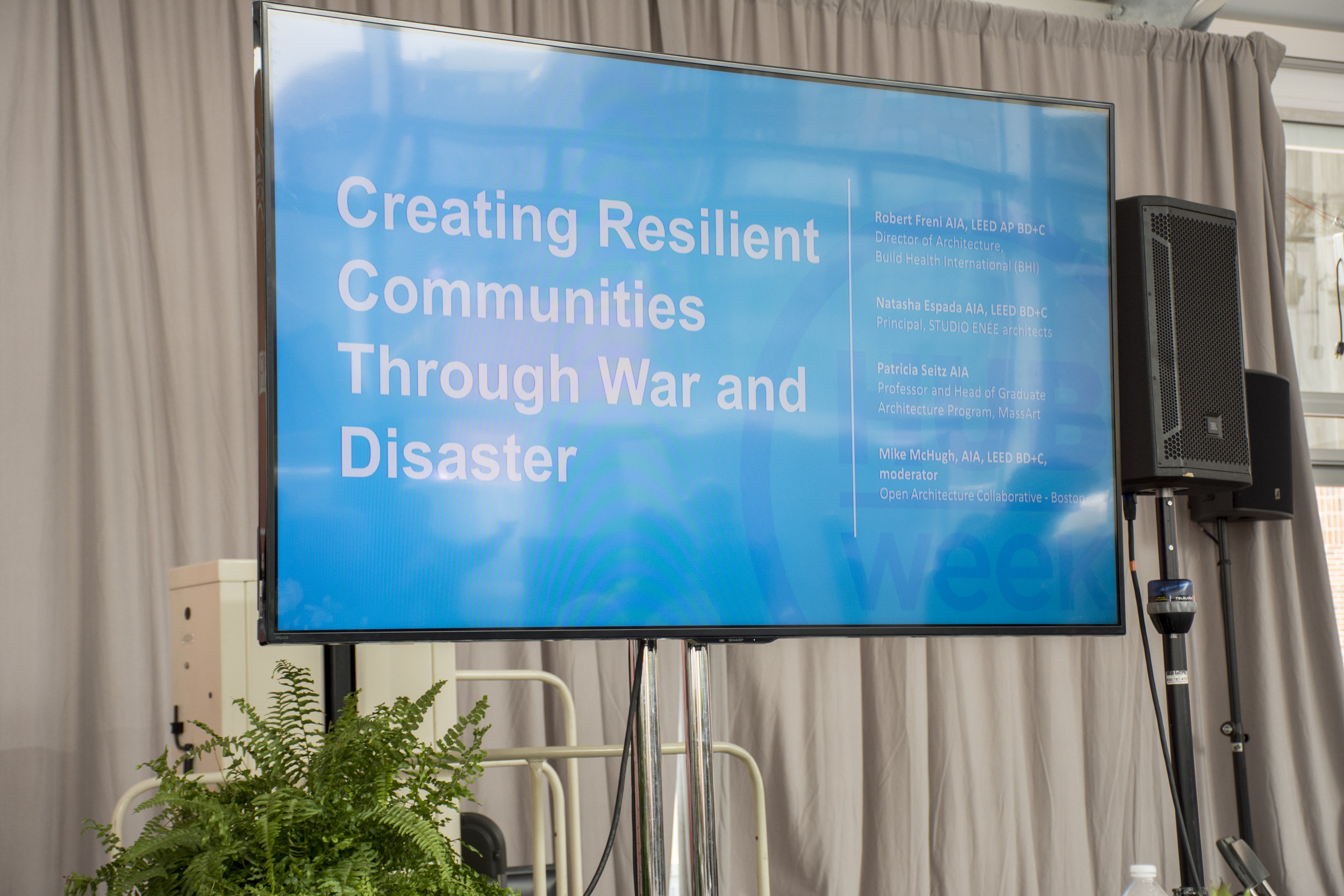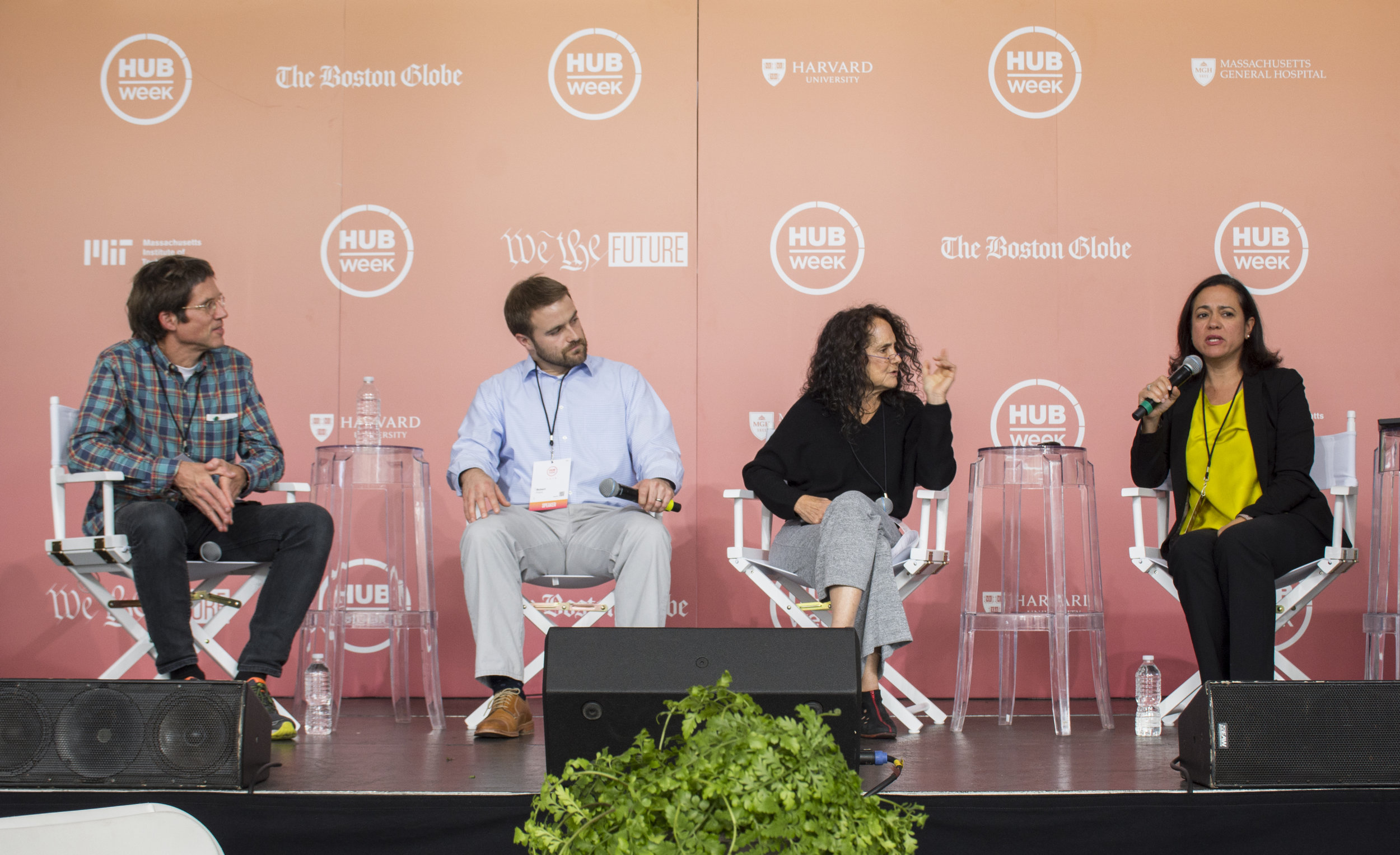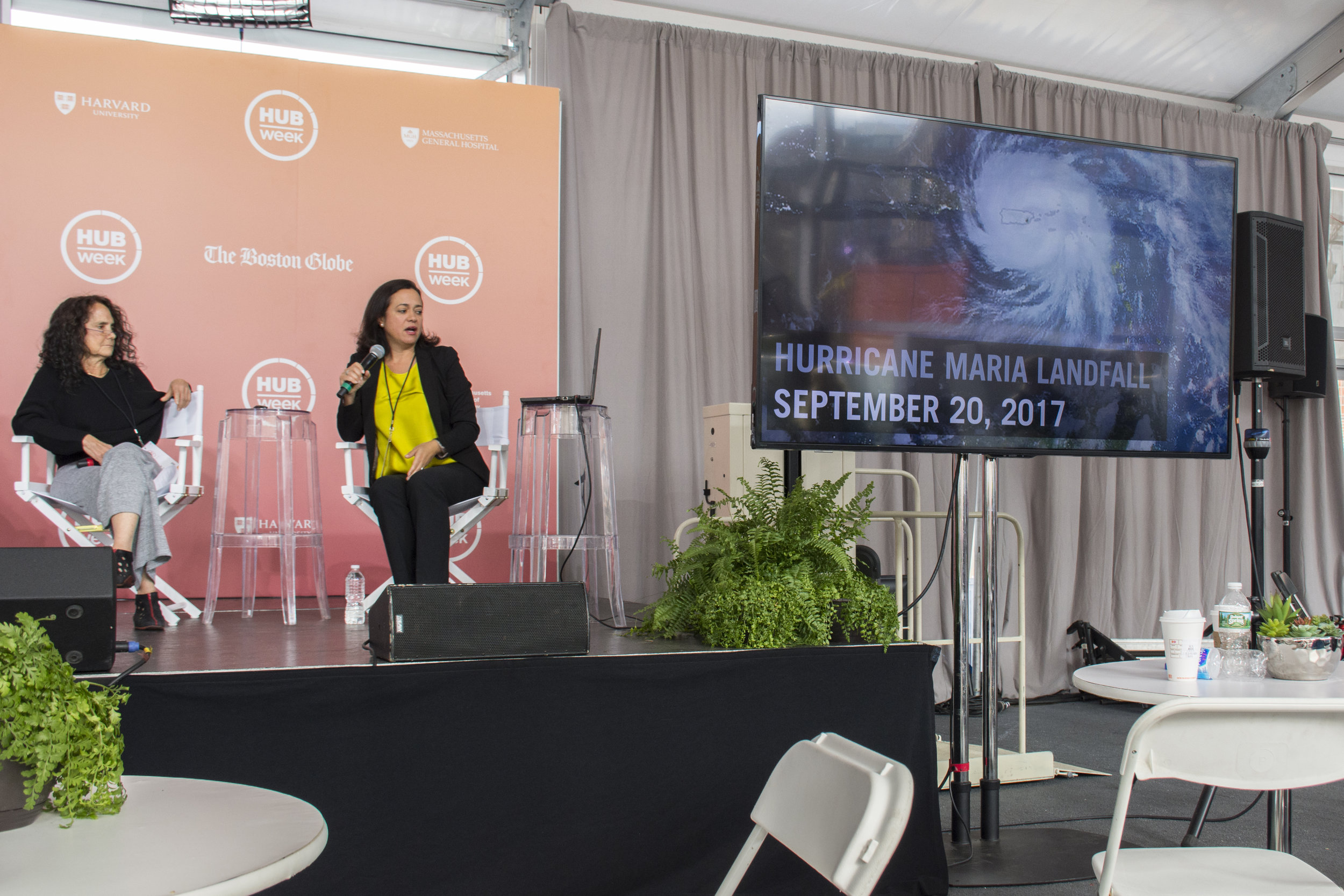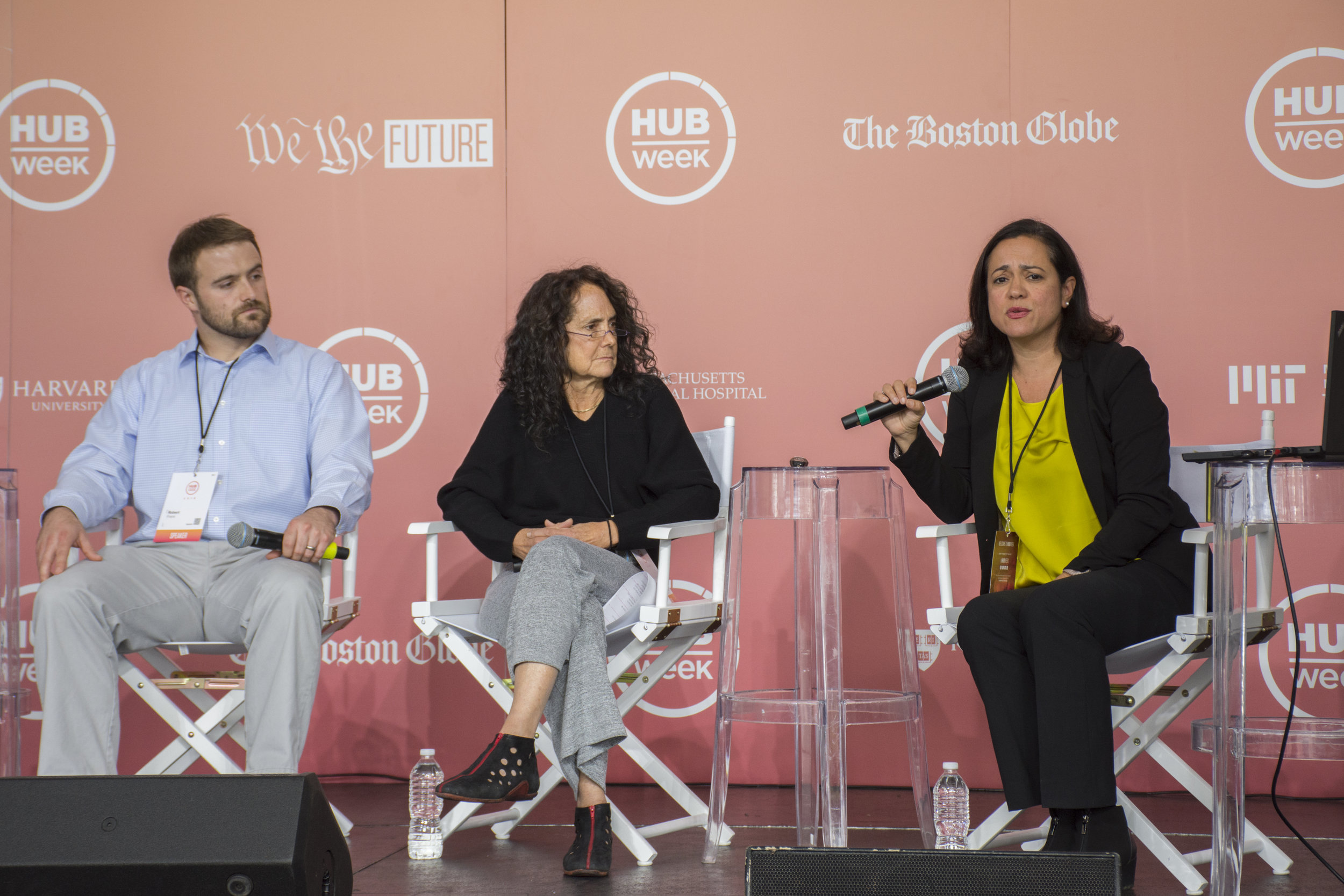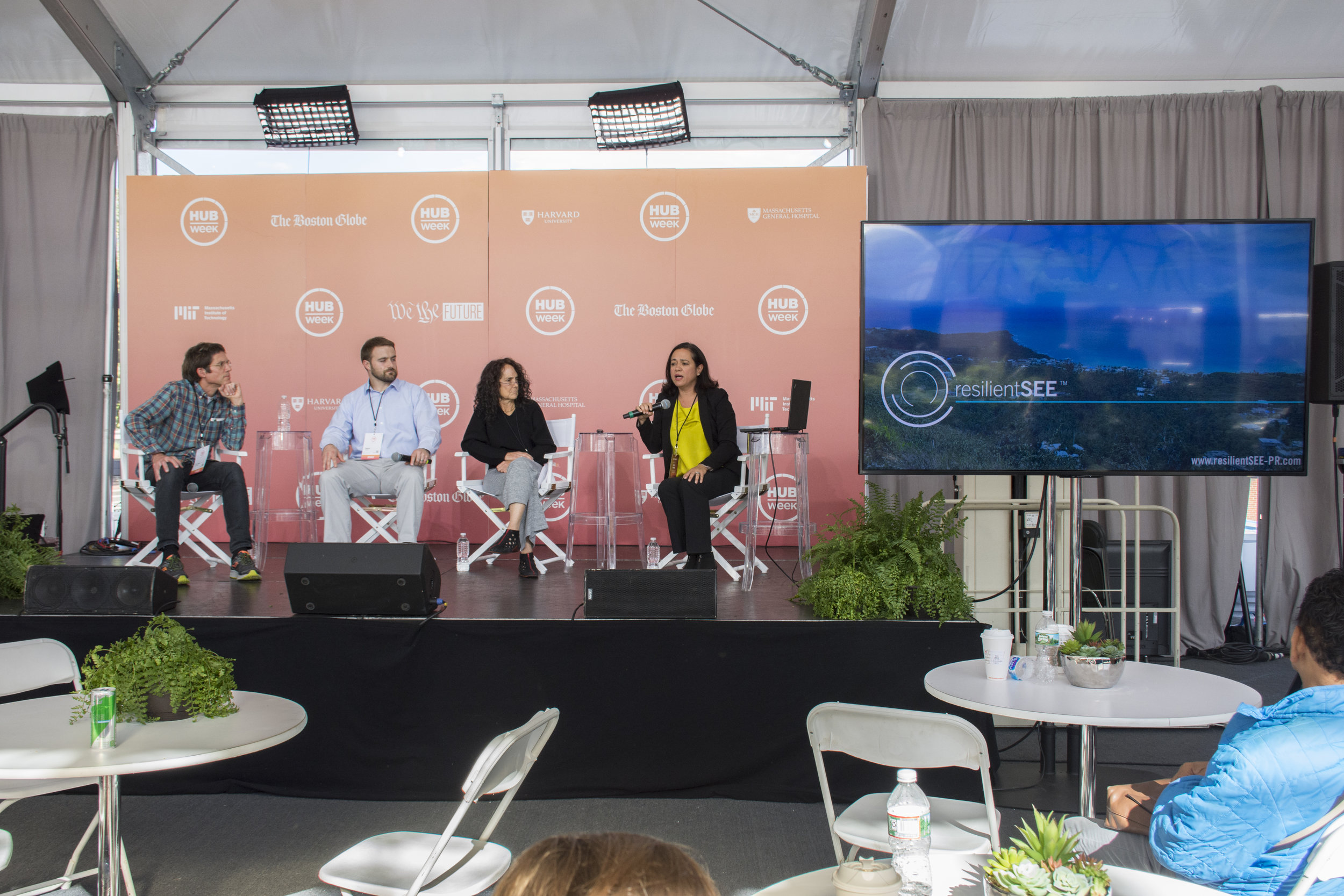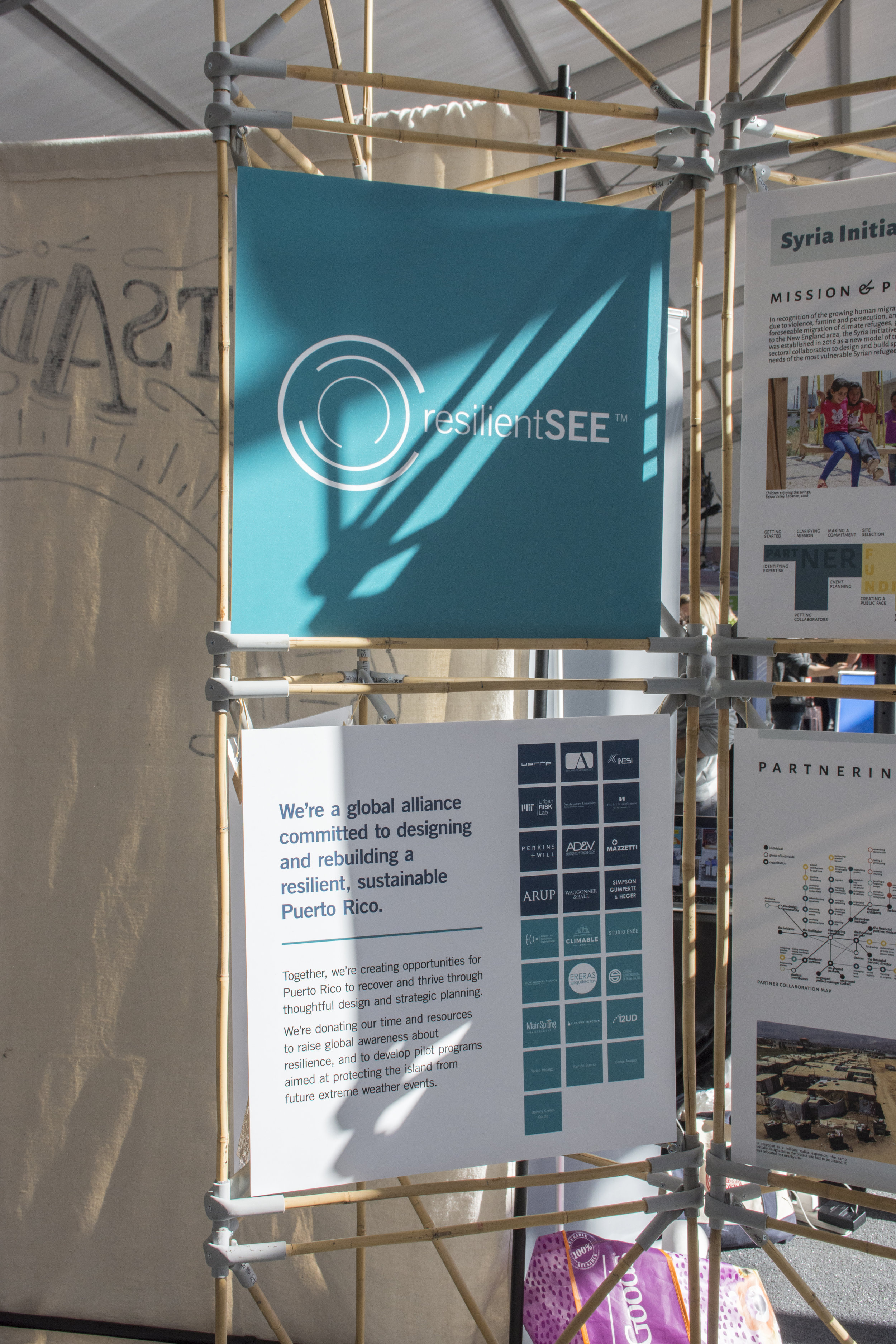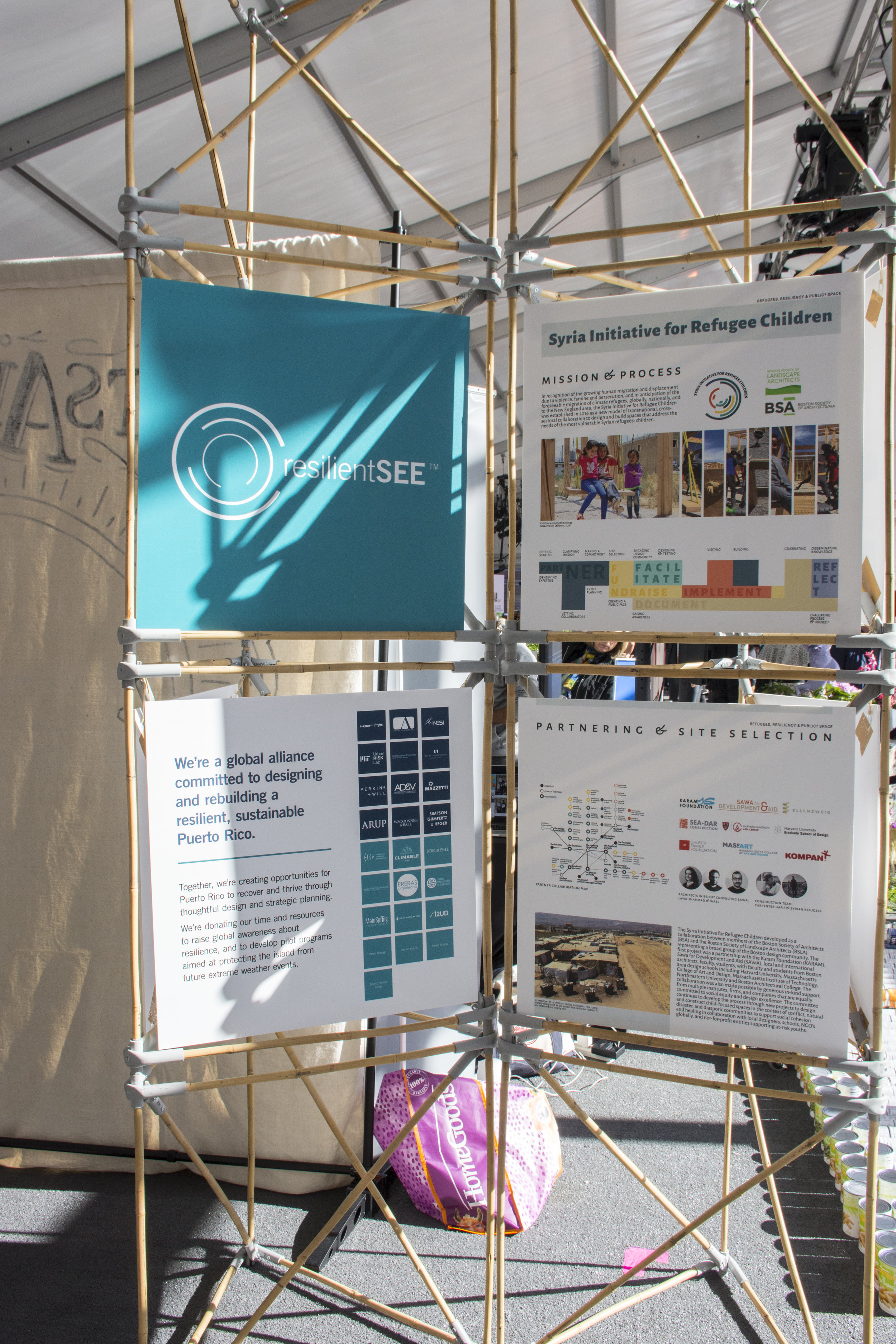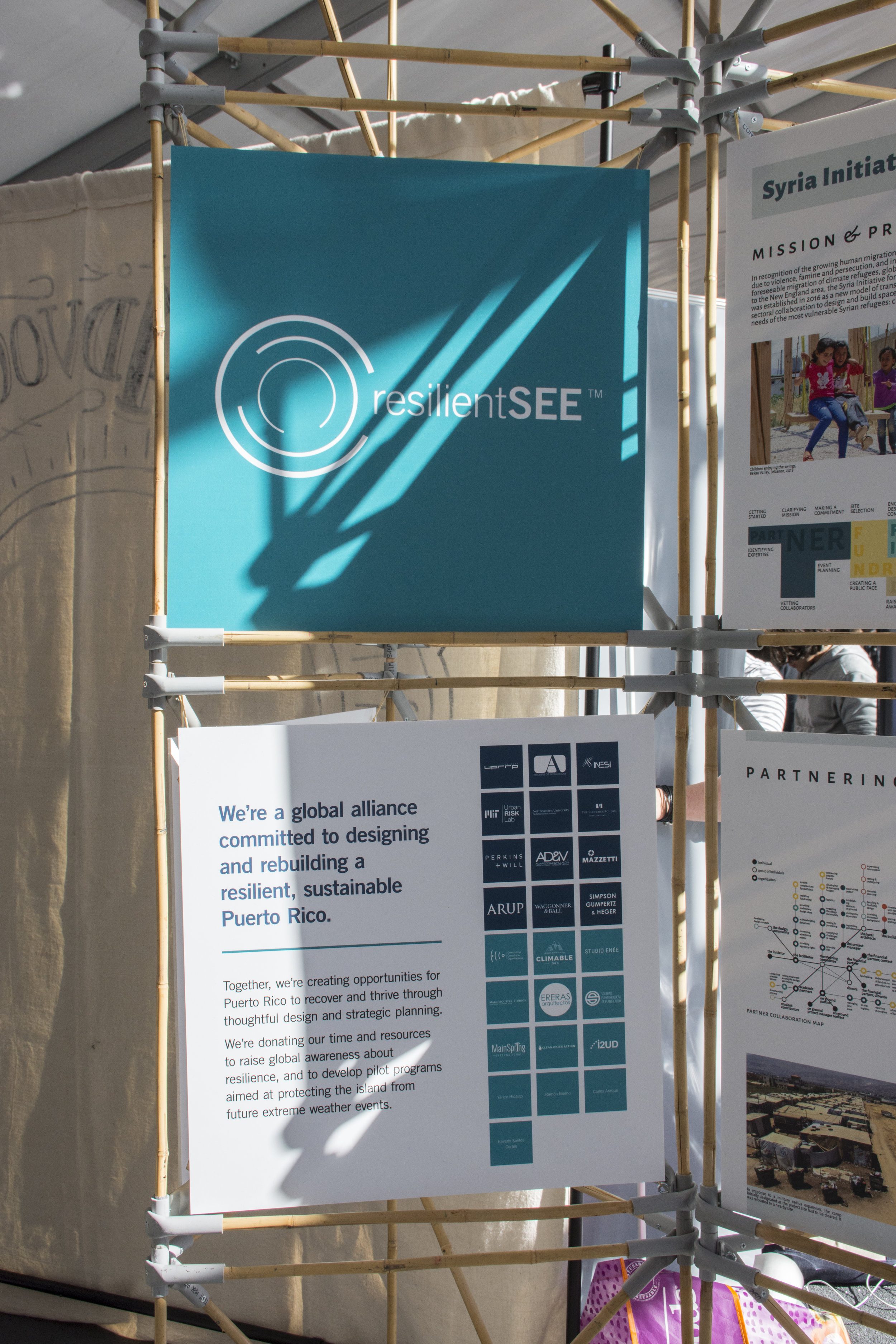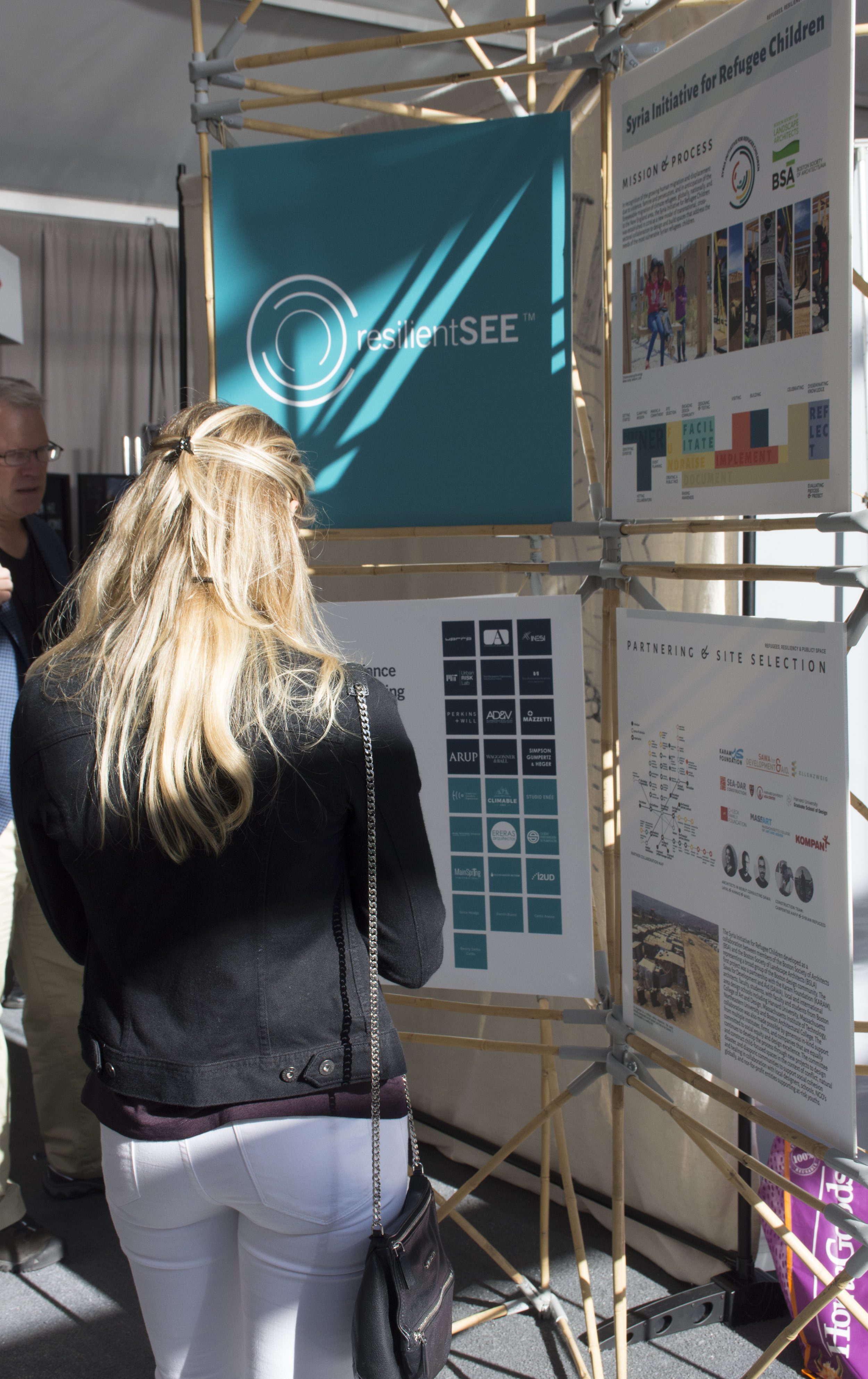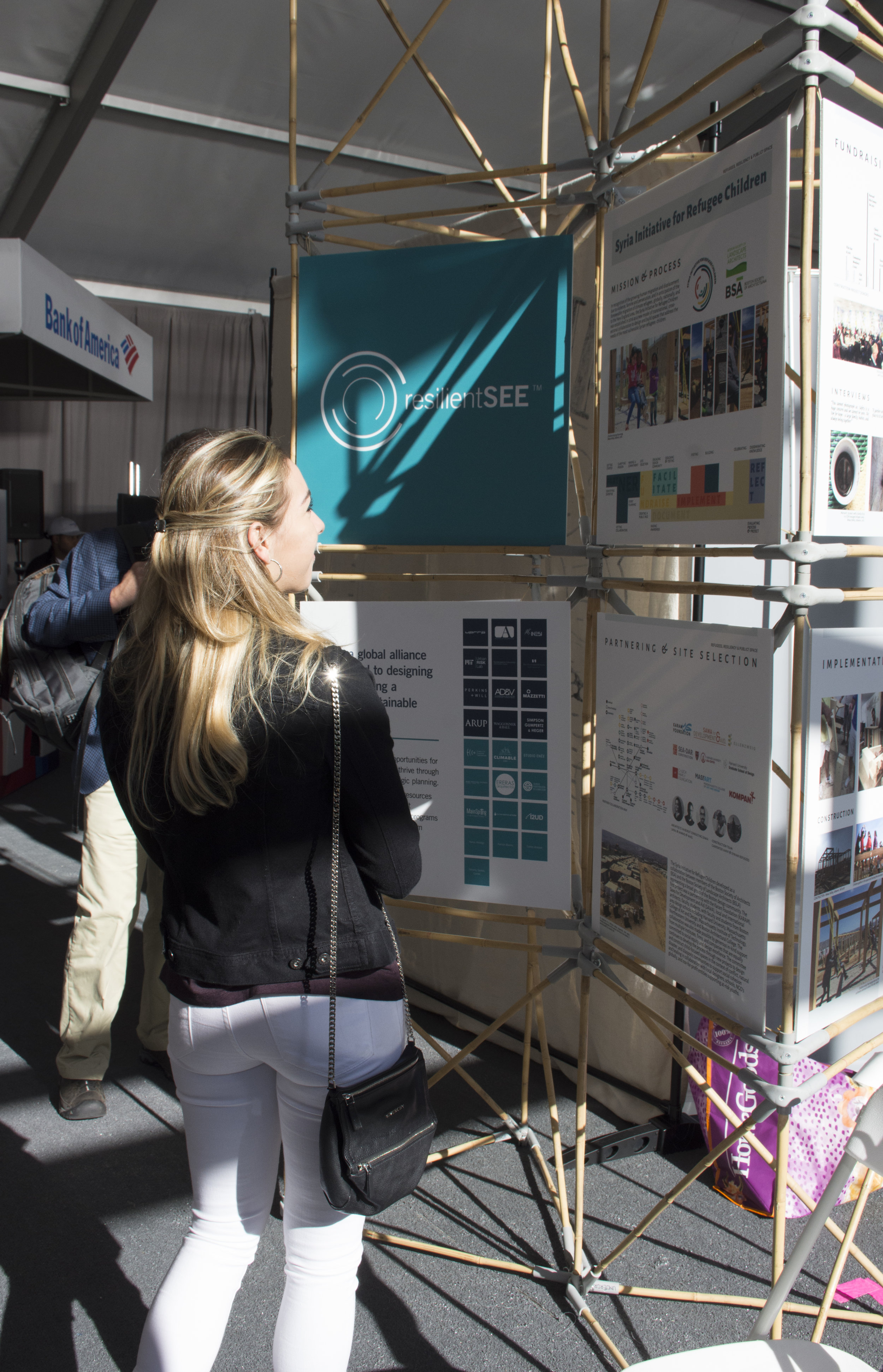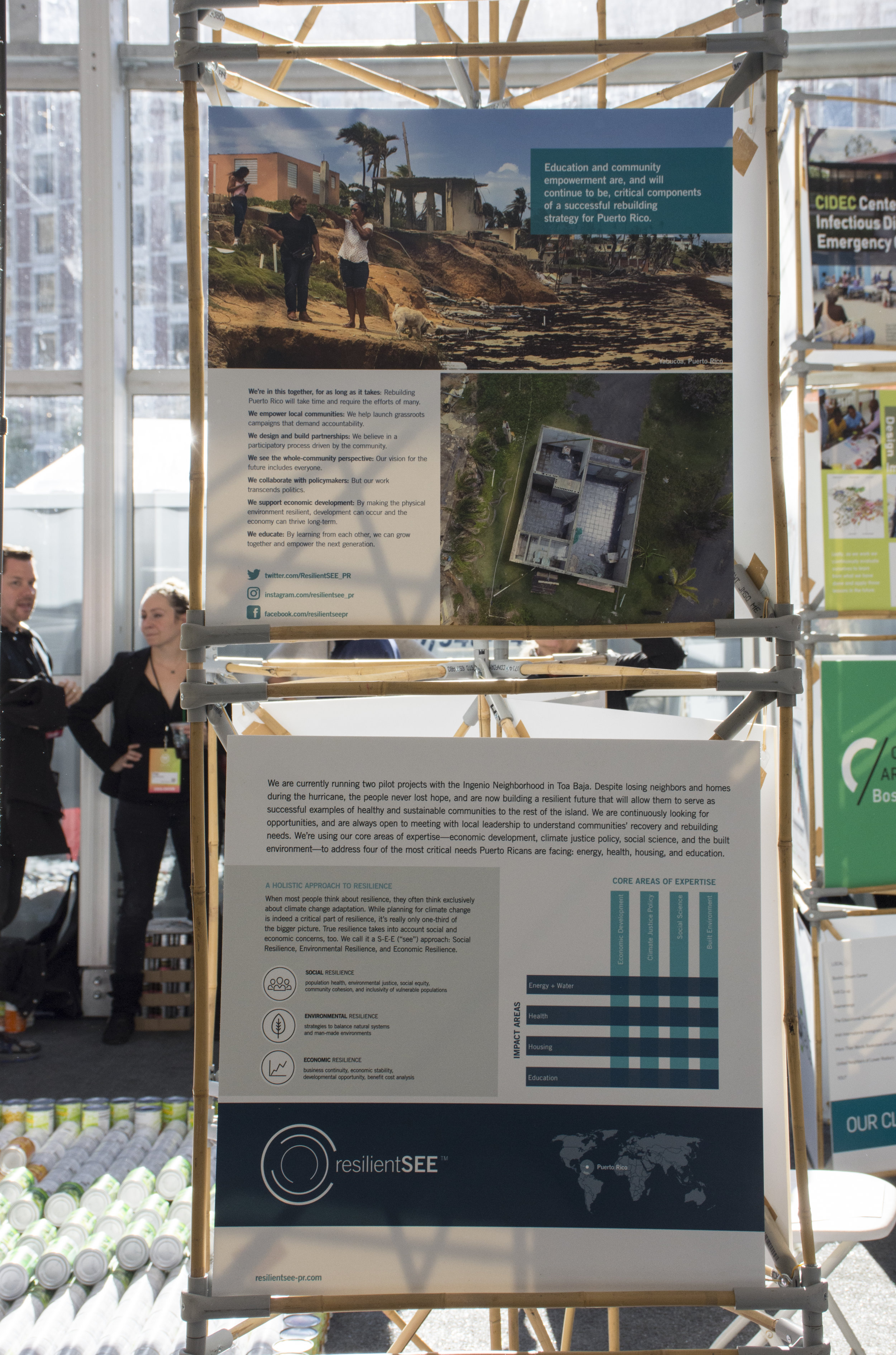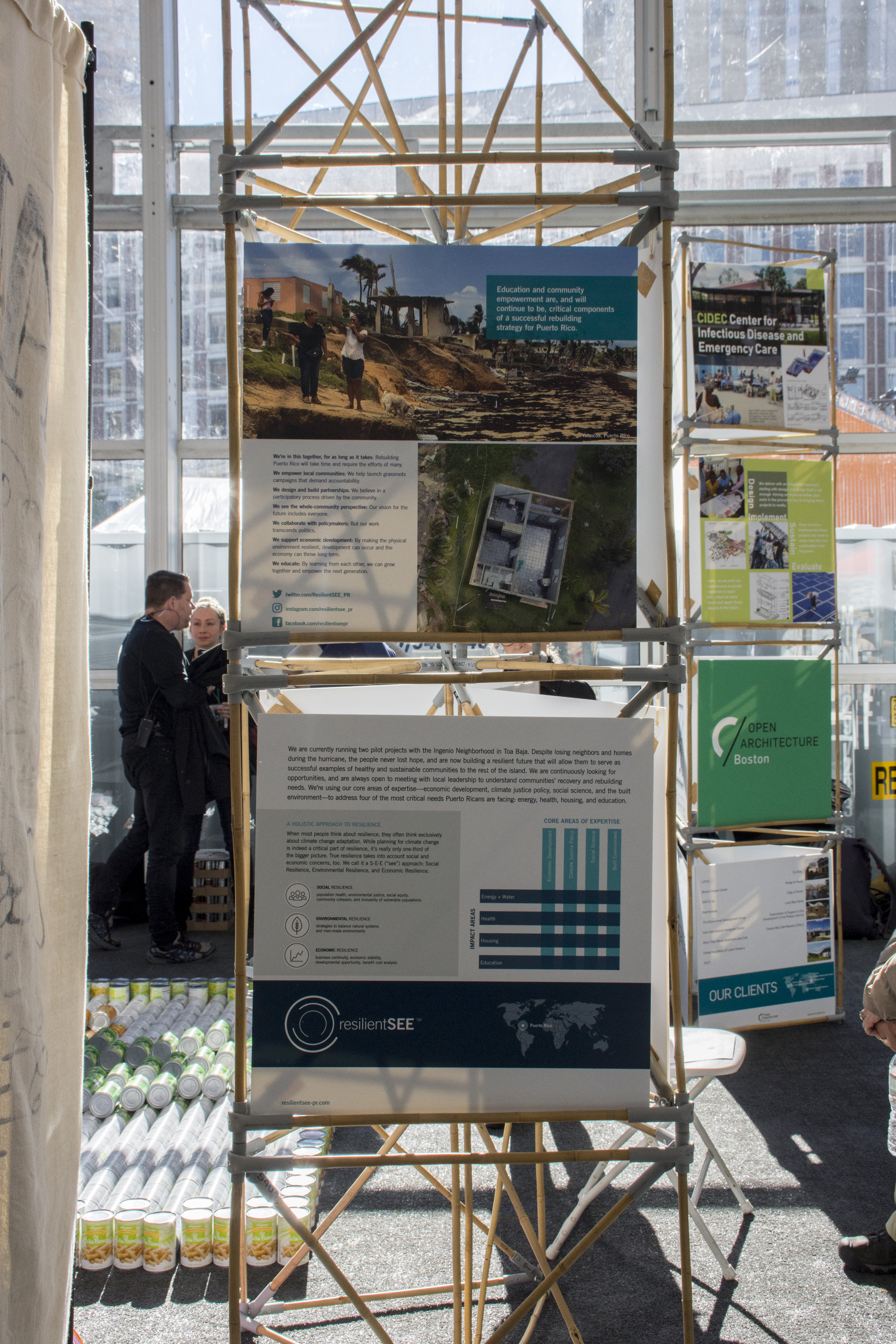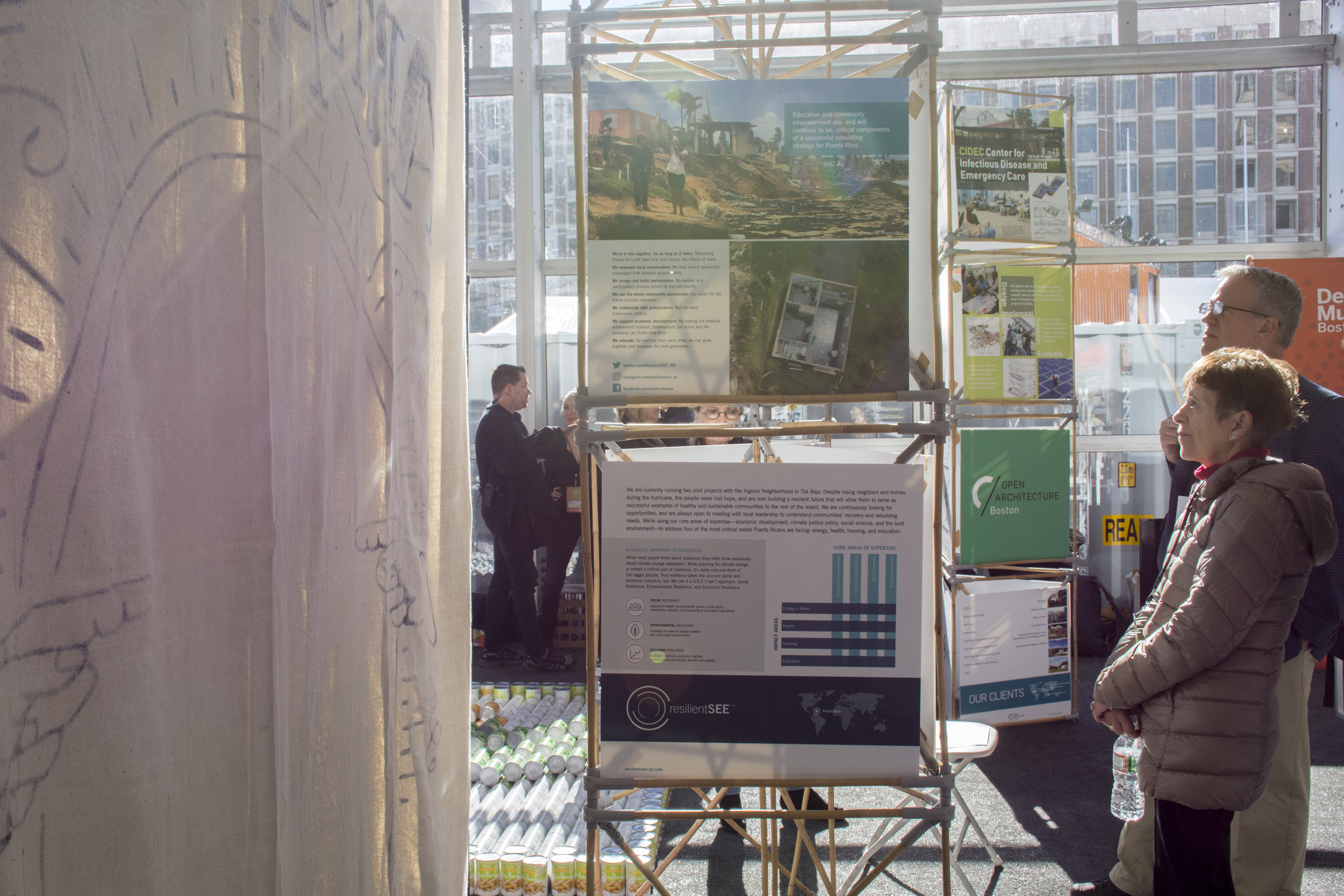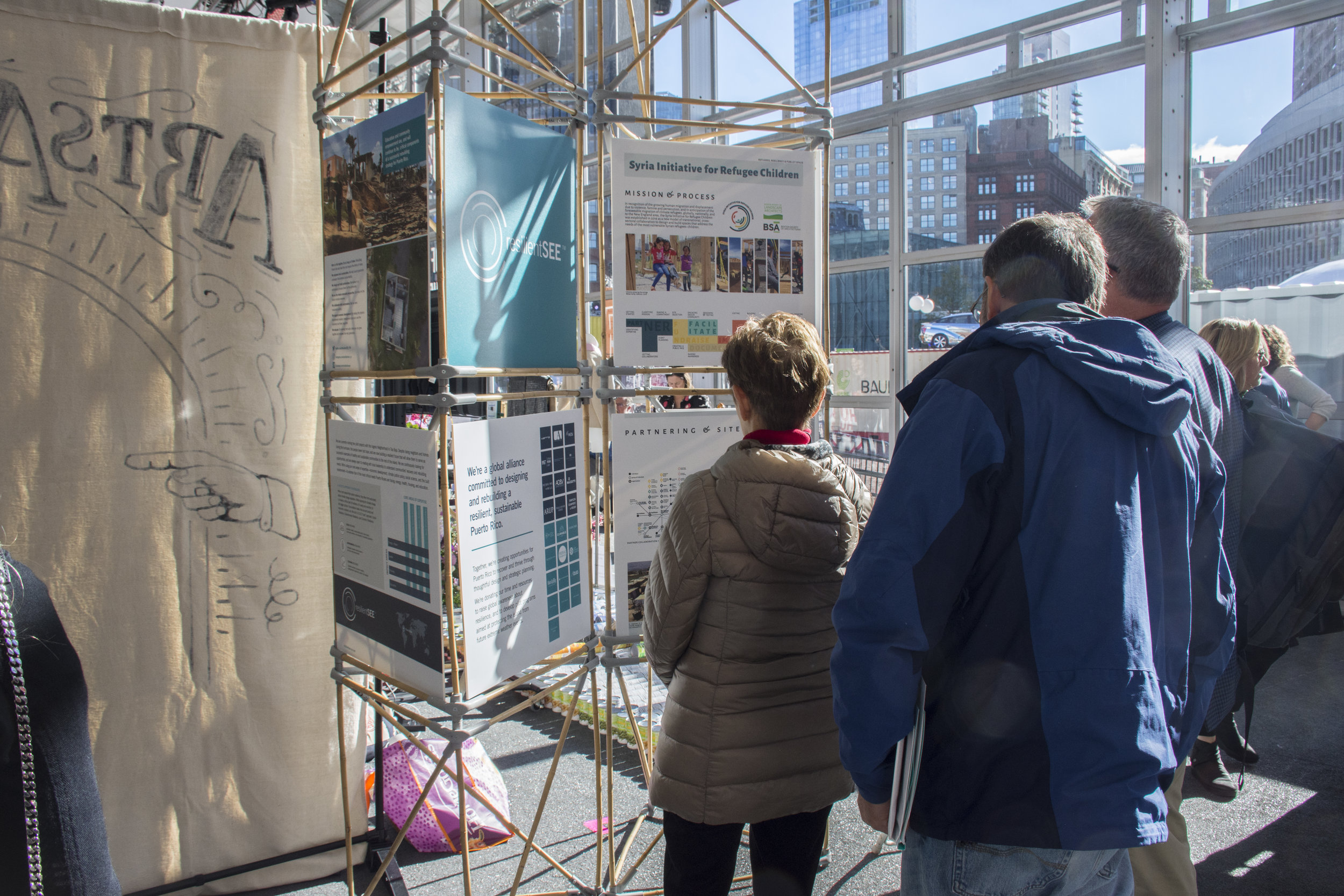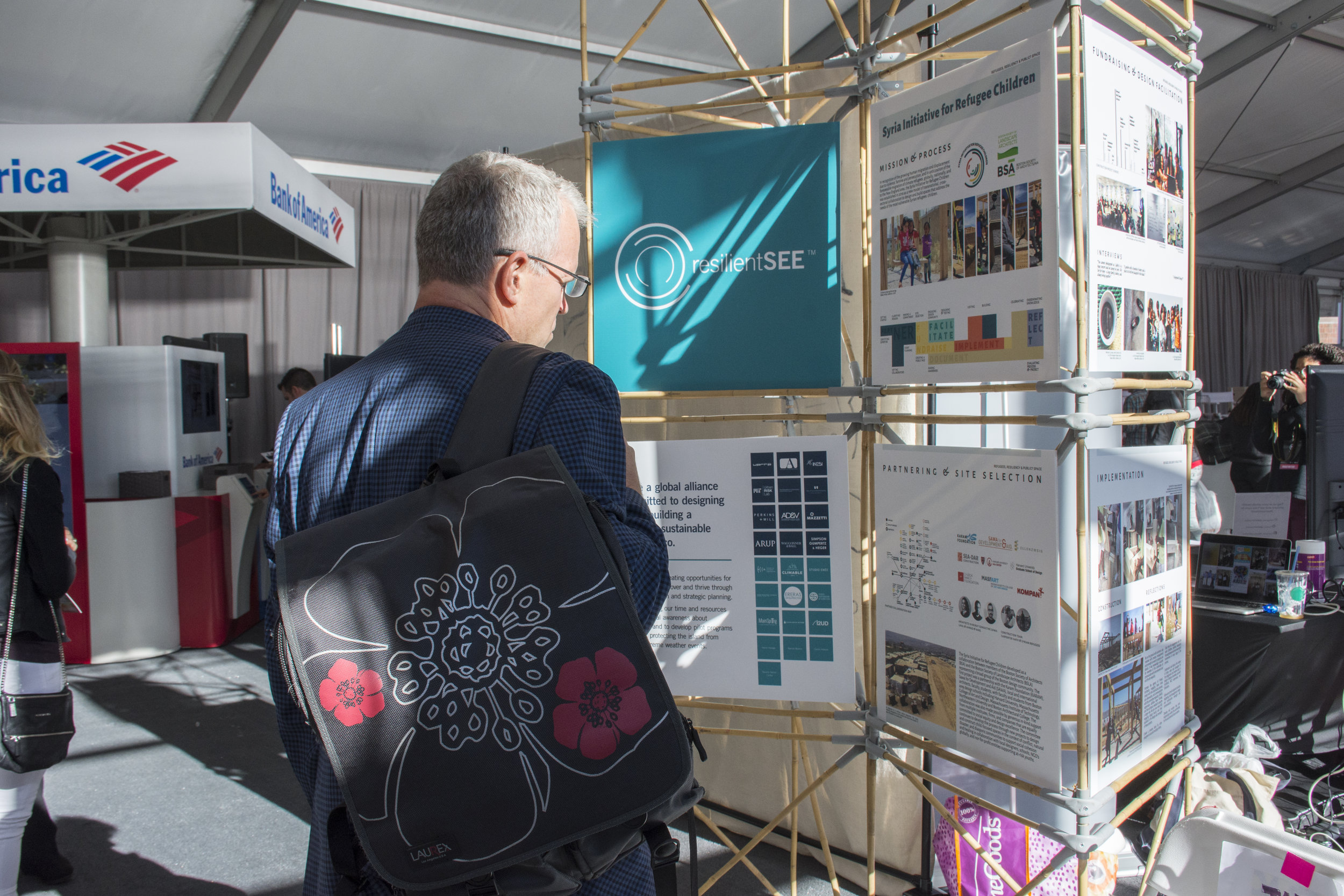Sub-Tropical and Tropical Coast Resilience: Social, Economic, and Physical Adaptations in South Florida and the Caribbean
ResilientSEE-Puerto Rico the following three presentations at the Symposium:
Presenter, “Earthquake and Hurricane Home Safety: A Training Resource Guide for Homeowners and Design Construction Professionals,” part of a roundtable session titled ‘Resilience: Engineering Innovations’
Presenters:
Danniely Staback, Lecturer at University of Illinois and Rhode Island School of Design / ResilientSEE-PR
Pedro Sifre, PE, Senior Principal and Structural Engineer, Simpson Gumpertz & Heger / ResilientSEE-PR
Yanel de Angel, FAIA, Principal, Perkins&Will / co-founder ResilientSEE-PR
Abstract:
This session focused on the Island’s hurricane and seismic risks and effects, and how this impact informal housing construction. An overview of construction strategies with concrete and wood techniques framed a discussion on a case study illustrating wood and reinforced masonry solutions.
“Resilient Community Center / Shelter: Planning and Design for the Municipality of Guánica,” part of a roundtable session titled ‘Resilience: Building Design, Performance, and Safety’
Presenters:
Yanel de Angel, FAIA, Principal, Perkins&Will / co-founder ResilientSEE-PR
Jesabel Rivera, MPH, CHES, Community Impact & Engagement Solutions, Co-founder Voluntariado de Ingenieros
Danniely Staback, Lecturer at University of Illinois and Rhode Island School of Design / ResilientSEE-PR
José Sánchez, PE, Senior Structural Engineer at Tipping Structural Engineers, co-founder of Voluntariado de Ingenieros y Profesionales de Puerto Rico
Manuel Fontan, PE, Engineer at WSP USA, collaborator resilientSEE-PR
Ruth Super, Professor at the Boston Architectural College / Principal, Ruth Super Design
After the devastation of the magnitude 5.8 and 6.4 earthquakes took place on January 6th and 7th of 2020 in the southern part of Puerto Rico, two non-profit organizations, one academic institution and various private industry experts joined efforts to provide pro-bono services to one of the most affected coastal Municipalities: Gúanica. While the Municipality had an Emergency Plan, it lacked a shelter program to serve their diverse vulnerable population. The project team created a holistic, replicable, and scalable framework resulting in three (3) community centers on key safe sites of the municipality. These community centers can transform into fully functional shelters during emergency events, such as earthquakes or hurricanes, which are common in the area. The team took the shelter design one step further, and incorporated COVID-19 provisions, anticipating that the occurrence of a combined natural disaster and pandemic event could be possible.
The multidisciplinary team provided site analysis and emergency logistics, programming, conceptual design – inclusive of building systems – and operational policy recommendations. The objectives of the project included:
Understand the context, risks, susceptibilities, and vulnerabilities of the community:
Risks: Hurricane, earthquakes, extreme heat
Susceptibility: flooding, landslide, structures collapse
Vulnerabilities: damage or collapse of formal and informal settlements; population displacement due to flooding; compromised health, safety, and wellness; disruption of communication and food supply.
Identify the problems necessary to make this refuge an inclusive place for all members of the community:
Develop a conceptual program of spaces to support the needs of the community year-round and specifically during disaster events, when it functions as a shelter.
In this presentation we:
Introduced their organizations and how the collaboration formed.
Briefly introduced an important resource for community center design - ‘Communities Together: A Guide for Resilient Community Center Design in Island Communities.’
Discussed lessons learned from this effort: the complexity of successfully organizing and remotely connecting professionals in different parts of the World to contribute expertise; the process of partnering with an academic institution to educate the local leaders of tomorrow; the different dynamics of working with community and government leaders; and remaining obstacles in providing relief services, securing funding for design and construction, and filling gaps in the process of reaching more communities for direct relief.
Resilient Planning at Multiple Scales: Island of Puerto Rico / Toa Baja Municipality / Villas del Sol Neighborhood
Presenters:
Gautam Sundaram, Urban Planner Practice Leader, Perkins&Will / resilientSEE-PR
Ricardo Alvarez-Díaz, Architect and co-founder of Alvarez Díaz & Villalón, Architecture & Interior Design / resilientSEE-PR partner
Orlando Santaella, Formerly at Autonomous Municipality of Toa Baja, now at Puerto Rico Department of Housing, GIS Officer & Executive Assistant to the Secretary of Puerto Rico Department of Housing
Isabel Olivieri, GIS Officer, Autonomous Municipality of Toa Baja
Ruben Pomales, Planner, Autonomous Municipality of Toa Baja
Larisa Ovalles, MIT Urban Risk Lab, Research Associate
Adriana Le Compte, NASA Langley Research Center, Lead and Project Coordination Fellow
The challenges that Puerto Rico faces from a climate resilience perspective are complex and cannot be solved in silos. The Island lacks a comprehensive analysis that contextualizes risks and vulnerabilities. At the same time, Municipalities, like Toa Baja, could benefit from an understanding of how they fit into the larger Island ecosystem and region and what are potential solutions that consider the granularity of community needs.
This analysis and design are part of a Resilient Framework Plan for the Autonomous Municipality of Toa Baja, a coastal Municipality with more than 50% of its land in floodable zones. It represents the development of a scalable and replicable resilient planning methodology with a S-E-E approach: Social, Environmental and Economic Resilience.
This framework plan is helping the Municipality build consensus, centralize existing information, identify gaps of data and analysis, synthesize analysis into overarching principles and think strategically about solutions that are implementable.
Through a collaborative initiative, a global and multidisciplinary “Alliance” was formed, committed to designing a sustainable and resilient world. The S-E-E framework – social, environmental, and economic lenses, focuses on a data driven / scientific process founded on the principle that all systems are connected. This process begins with understanding vulnerabilities and risks, dissecting the problem through different lenses, and overlapping these lenses to diagnose problems and find solutions through synergies.
Over the span of two plus years, the Alliance and its collaborators have been providing research, planning and strategic support to the Municipality of Toa Baja’s Office of the Major and Planning Department. The analysis utilizes a variety of lenses and illustrates with clear graphic information how Municipal and Island issues are intertwined at multiple scales. The analytical lenses include hydrology, ecology, topography, social, and infrastructure and development. Several vulnerabilities, including issues with storm surge inundation and location and age of critical electrical infrastructure and informal and social housing, are being tackle with three driving principals in mind:
Restore the ecology
Develop a Social and Civic Infrastructure
Build Smarter
The Alliance partnered with two key collaborators to further support and strengthen Municipal resilience and continue to inform the Framework Plan. Utilizing Earth observation products and scientific data to model flood susceptibility, one of the collaborators to the project developed a flood risk mapping tool, which is now available online as an interactive educational resource for the community and the Municipal Planning Department. Another collaborator developed a Housing Pre-Planning Toolkit, a pilot tool to be rollout free of cost and nationally by a government agency. This toolkit takes the format of a series of workshops that follows an online platform designed to guide local governments in planning for housing recovery and resilience.
A Neighborhood Resilient Framework Plan for the Villas del Sol Community located within the Municipality allowed the team to deploy strategies and adapt resilient concepts at the scale of a neighborhood. At this scale strategies include the following systems: stormwater management, septic, domestic water, electric microgrid, and an open space framework.
